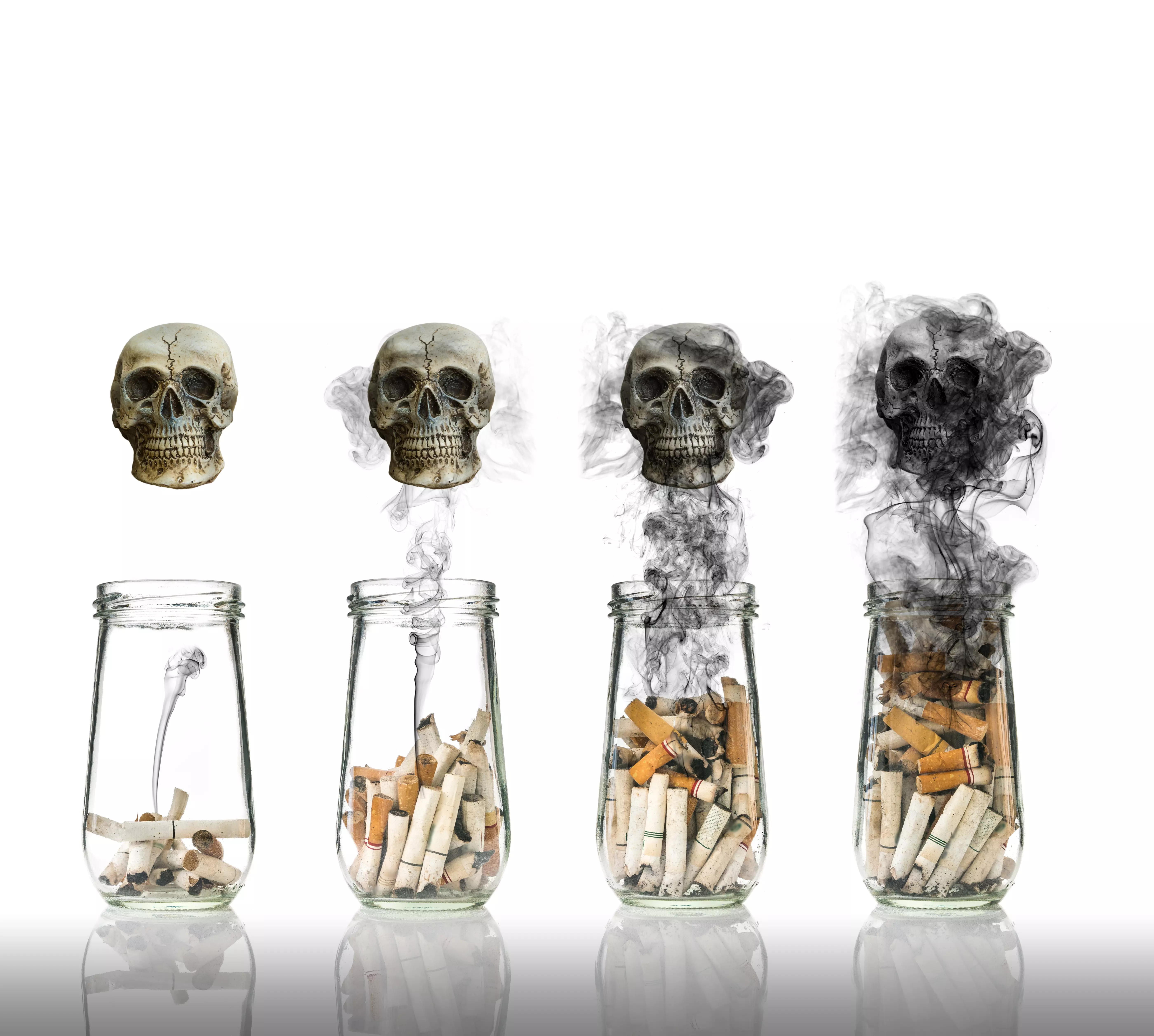Secondhand smoke, also known as ambient smoke or secondhand smoke, is inhaled by non-smokers and is a known health hazard. Consisting of smoke emitted from the end of a burning cigarette and smoke exhaled by the smoker, it contains more than 7,000 chemicals, hundreds of which are toxic and about 70 of which are known carcinogens. Among the health effects of secondhand smoke are heart disease, lung cancer and asthma.
Comments
Like it!

